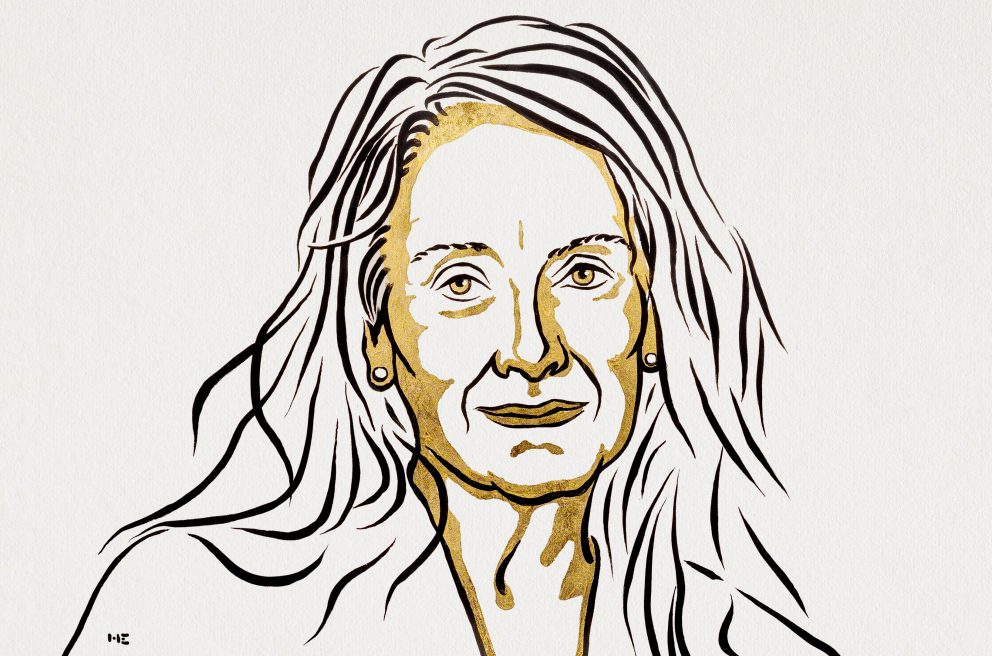
The Swedish Academy announced on Thursday that French novelist Annie Ernaux had won this year’s Nobel Prize in literature for “the courage and clinical acuity with which she uncovers the roots, estrangements, and collective restraints of personal memory.”
Annie Ernaux’s works
Ernaux, 82, began writing autobiographical novels but soon switched to writing memoirs. She has written over 20 novels, the majority of which are relatively short accounts of the events in her life and the lives of others around her. Uncompromising depictions of sexual encounters, abortion, illness, and her parents’ deaths are shown in her writing.
Ernaux’s writing is frequently “uncompromising and written in straightforward language, scraped bare,” according to Anders Olsson, head of the Nobel Committee for literature. After the announcement in Stockholm, Sweden, he told reporters, “She has accomplished something admirable and enduring.”
Ernaux calls her writing style “flat writing” (ecriture plate), characterizing it as a fairly objective view of the events she is recounting that is uninformed by florid descriptions or intense emotions. No lyrical memories, no victorious displays of sarcasm, she writes of her connection with her father in the book that made her famous, “La Place” (A Man’s Place): I naturally write in this objective manner.
The Years (Les annees), released in 2008 and chronicling herself and larger French society from the conclusion of World War II to the present, was her most well-received work. In contrast to her earlier writings, Ernaux uses the third person to write about herself in “The Years,” referring to her character as “she” rather than “I.” Numerous accolades and awards were given to the book.
Previous year winner
Last year’s prize went to Abdulrazak Gurnah, a Tanzanian-born author now residing in the United Kingdom and whose works examine the effects of migration on both individuals and societies. Gurnah was only the sixth Nobel laureate in literature to be born in Africa, and it has long been argued that the award places too much emphasis on authors from Europe and North America.
The controversy revolving around the award
The literature prize was able to move past years of controversy and scandal thanks to the awards to Gurnah in 2021 and American poet Louise Glück in 2020. After making changes, the academy came under fresh backlash for awarding the 2019 literature prize to Austria’s Peter Handke, who has been dubbed an apologist for Serbian war crimes.
Monday marked the beginning of Nobel Prize announcement week, with Swedish scientist Svante Paabo receiving the prize in medicine for revealing Neanderthal DNA’s hidden information that was crucial to understanding our immune system.
The physics award was shared by three experts on Tuesday. A phenomenon known as quantum entanglement, which may be utilized for specialized computing and to encrypt information, was demonstrated by the Frenchman Alain Aspect, the American John F. Clauser, and the Austrian Anton Zeilinger.
